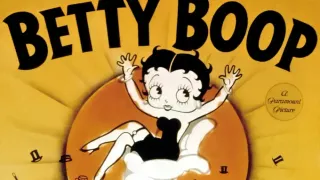October 10, 2017
Nathan Lane Says Harvey Weinstein Threw Him Against A Wall at Hillary Clinton's Birthday Party
READ TIME: 1 MIN.
Nathan Lane says disgraced movie mogul Harvey Weinstein assaulted him at Hillary Clinton's birthday party in 2000, according to a report from Page Six.
Weinstein, known for donating large sums of money to Democratic candidates, threw a party for Clinton's 53rd birthday party 17 years ago. During the shindig, Weinstein, who has recently made headlines after being accused of sexually harassing several women over the past 30 years, allegedly threw Lane, who was emceeing the event, against a wall.
After making a joke about then Mayor Rudy Giuliani's come-over, Weinstein allegedly told the actor, "This is my fucking show, we don't need you."
"'You can't hurt me, I don't have a film career,'" Lane said he told the movie producer.
Lane's quotes come during an interview at the New Yorker Festival Saturday night, Page Six reports.






